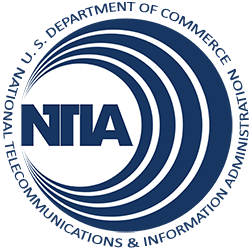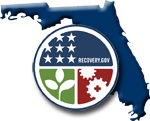The City of Tallahassee plans to implement a two-part strategy to utilize broadband technology to enhance workforce skills, educational opportunities, and digital literacy among low-income, low-literacy residents in economically depressed, underserved areas of the city. The Apalachee Ridge Technology Learning Center Broadband Initiative first plans to launch a workforce development program using computer-based career training, job skills courses, and online tutoring. Second, it plans to provide an online broadband accessibility curriculum for K-12 students aimed at increasing critical thinking, digital literacy, e-learning, and research skills.
Through Apalachee Ridge’s Digital Harmony Program, the project also intends to train middle school students to refurbish computers in partnership with Florida State University, while offering low-cost broadband services to low-income community members and refurbished computers to at-risk students and their families.

